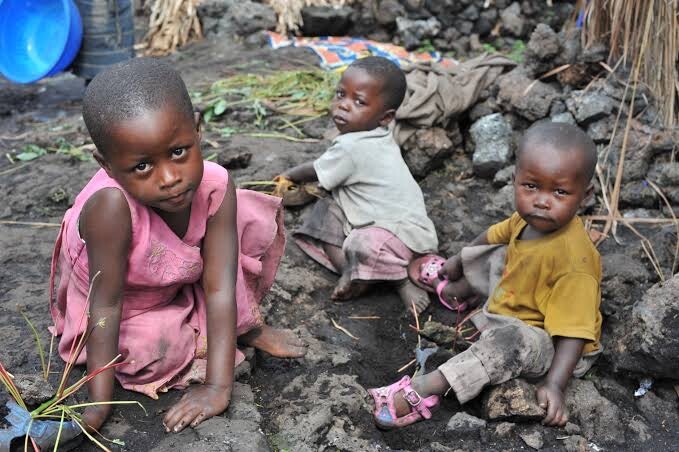Rwanda has recorded a significant drop in child poverty among children aged 5 to 14 years, cutting the rate by more than half over a span of seven years. According to new national data, the child poverty rate has declined from 25.3% in 2017 to just 11.9% in 2024, an achievement that underscores the country’s continued investment in social welfare, education and economic inclusion.
This progress is seen as a testament to the Rwandan government’s long-term vision of transforming the nation into a more equitable society, with children at the heart of development policies. Over the years, targeted initiatives such as free basic education, improved access to health services, community-based nutrition programs, and expanded social protection schemes have helped to create a stronger safety net for vulnerable families.
In rural communities, where poverty had been most entrenched, efforts like the Girinka program, which provides livestock to poor households and Vision 2020 Umurenge Program (VUP), which offers financial support and public works employment, have played crucial roles in lifting families out of poverty. These programs not only boost household incomes but also indirectly improve children's chances of staying in school and avoiding malnutrition.
This progress is seen as a testament to the Rwandan government’s long-term vision of transforming the nation into a more equitable society, with children at the heart of development policies. Over the years, targeted initiatives such as free basic education, improved access to health services, community-based nutrition programs, and expanded social protection schemes have helped to create a stronger safety net for vulnerable families.
In rural communities, where poverty had been most entrenched, efforts like the Girinka program, which provides livestock to poor households and Vision 2020 Umurenge Program (VUP), which offers financial support and public works employment, have played crucial roles in lifting families out of poverty. These programs not only boost household incomes but also indirectly improve children's chances of staying in school and avoiding malnutrition.

Rwanda’s progress has also been reinforced by the growing collaboration between the government, civil society organizations, and international partners who have supported child-centered development programs. This multi-sectoral approach has contributed to the creation of safer environments for children, improved educational outcomes and reduced dropout rates.
Experts say the reduction is not just a statistical win, it represents real-life change for hundreds of thousands of children who now have greater access to food, shelter, education and healthcare. As Rwanda continues to build on its development agenda, the drop in child poverty stands out as a powerful indicator of what’s possible when policy is matched with purpose and accountability.
The achievement signals hope for other nations across Africa facing similar challenges. Rwanda's experience highlights how strong political will, community engagement and sustained investment in human capital can alter the future of a generation.
Experts say the reduction is not just a statistical win, it represents real-life change for hundreds of thousands of children who now have greater access to food, shelter, education and healthcare. As Rwanda continues to build on its development agenda, the drop in child poverty stands out as a powerful indicator of what’s possible when policy is matched with purpose and accountability.
The achievement signals hope for other nations across Africa facing similar challenges. Rwanda's experience highlights how strong political will, community engagement and sustained investment in human capital can alter the future of a generation.

